Singlefile Journal
Singlefile’s stories of craft, place, and people.
Made of the Great Southern.

The Rise of Alternative Varietals in Western Australia
In recent years, Australian wine lovers have embraced a broader spectrum of grape varieties, often grouped under the banner of alternative varietals. This evolving palate is now reflected in the vi...
Read more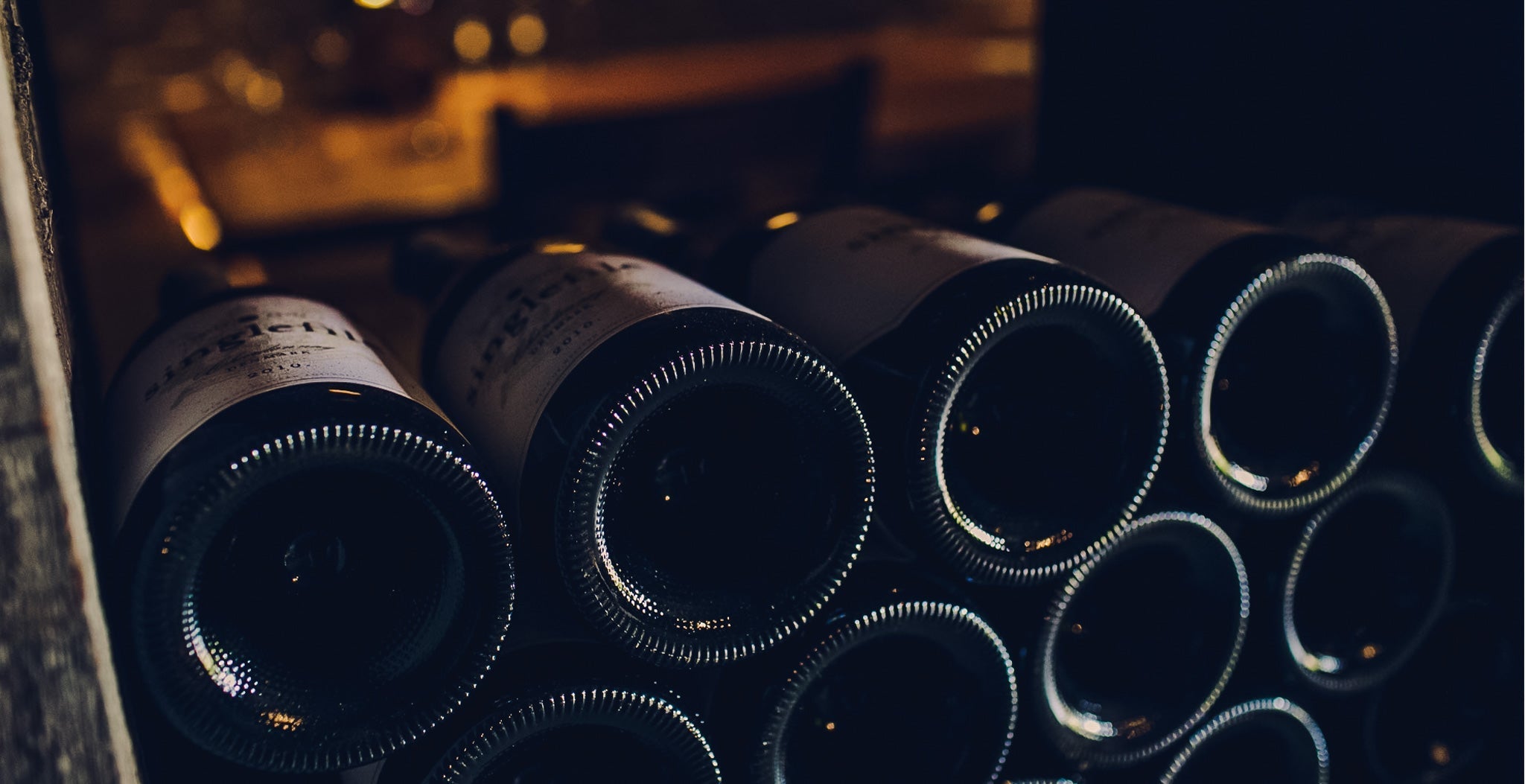
When does wine reach its peak drinking age?
Each wine has a peak drinking age, but there is no exact science to ascertain when that ideal point will arrive. As to when you open the bottle, it’s a big decision. Will the wine have reached its ...
Read more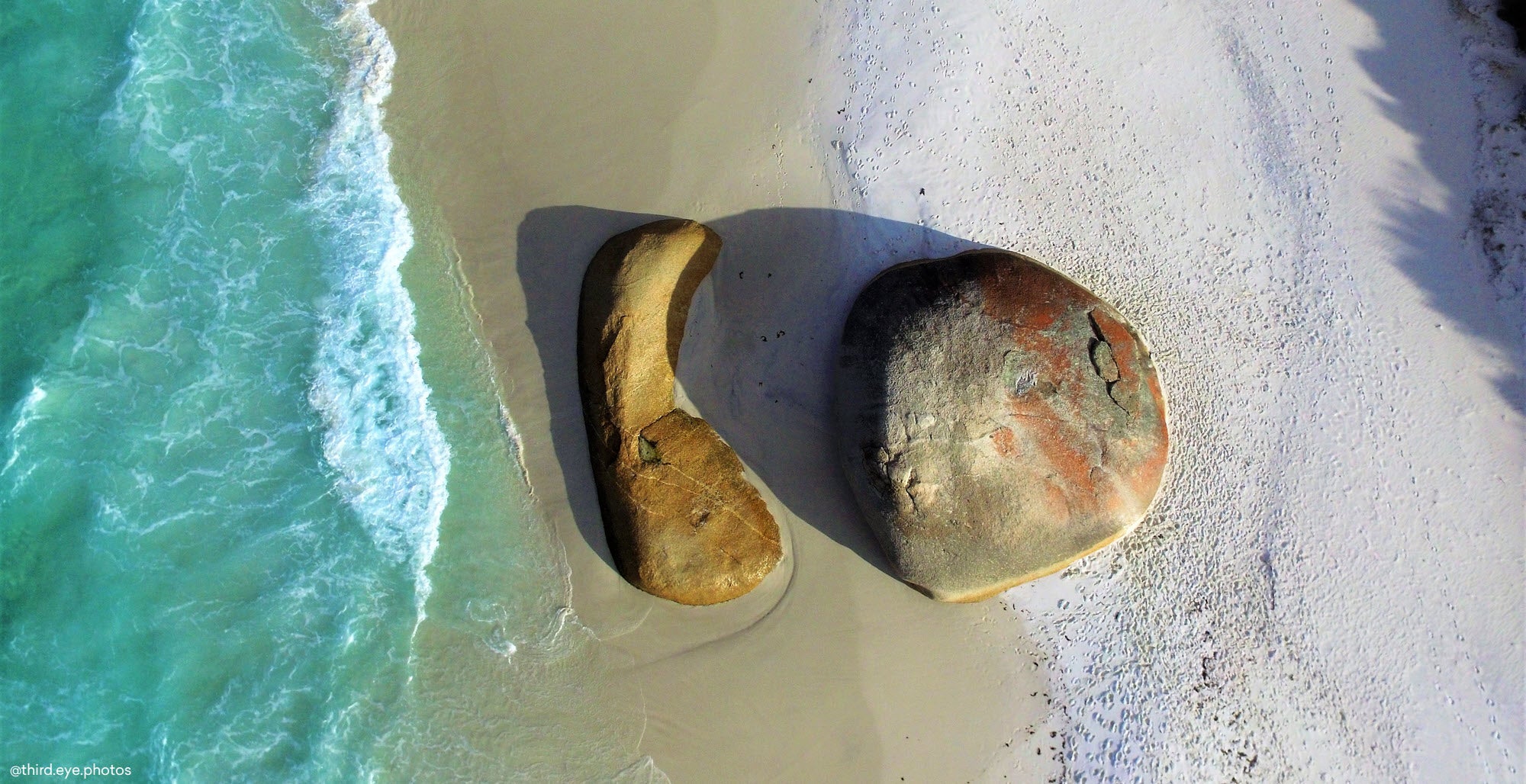
What to Do in the Great Southern over the July School Holidays
The Great Southern is full of quiet charm, wild beauty, and warm hospitality — and it shines in its own special way during the winter months. If you’re heading our way over the July school holidays...
Read more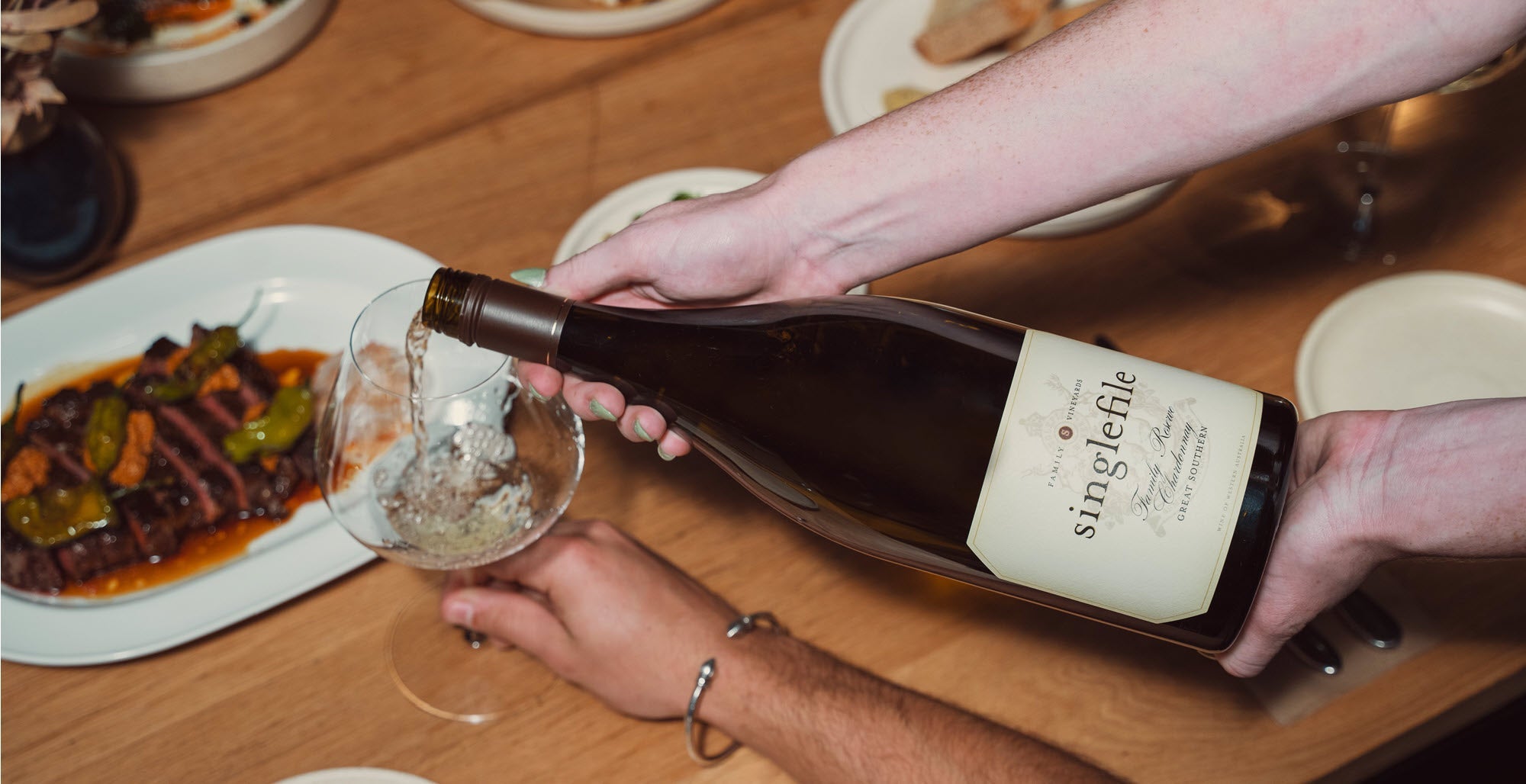
Sydney's Best BYO Restaurants for 2025
Sydney has always had a special love affair with good wine and great food. And while there are countless incredible wine lists across the city, there’s something undeniably satisfying about bringin...
Read more
What's in a Name? The Story of Singlefile's Clément V
One of the most exciting things about wine is that it conveys a story: a tale of place, history, technique and varietal. Singlefile’s Single Vineyard Frankland River Clément V is our tribute to the...
Read more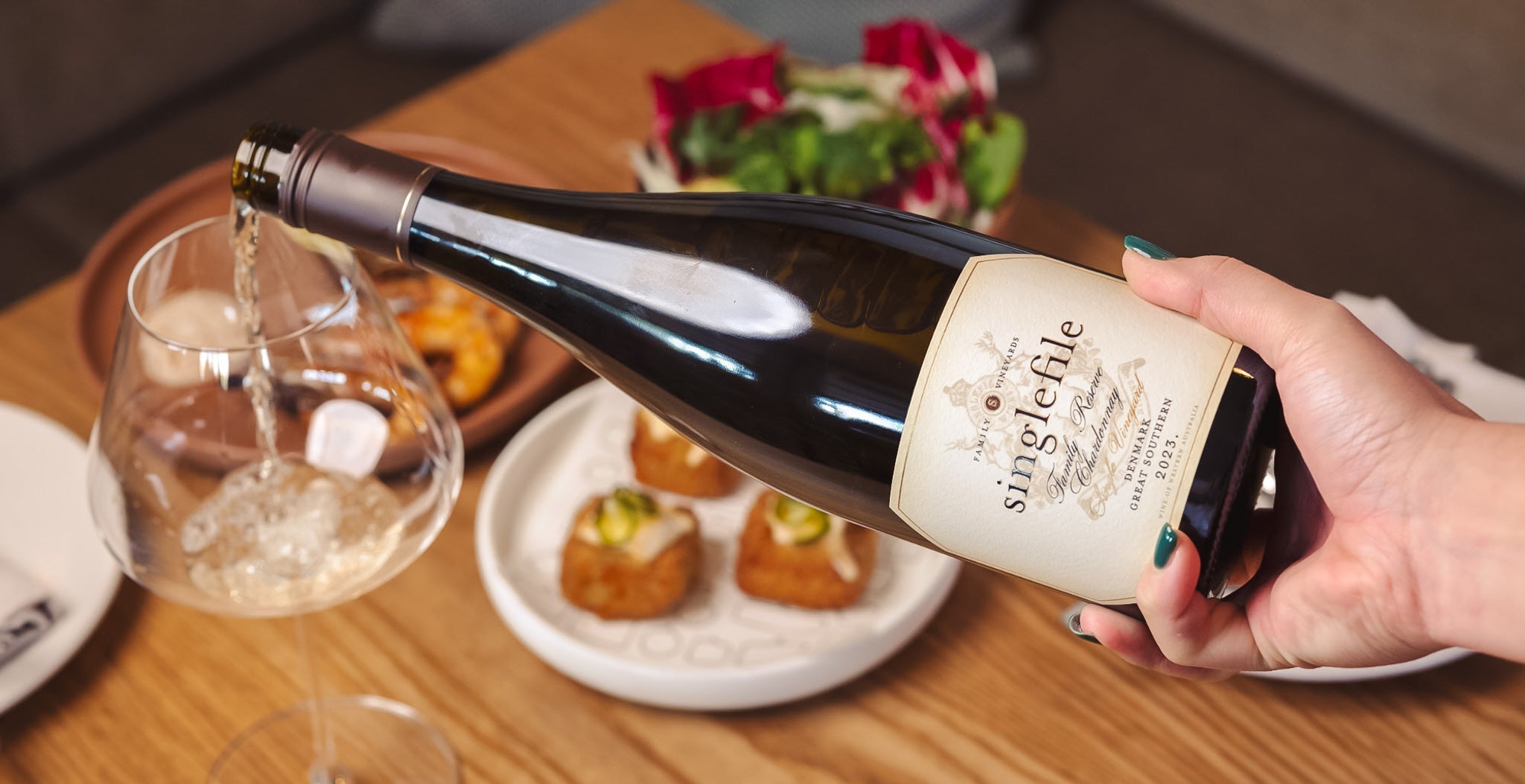
5 Perth BYO restaurants to cosy up in this winter
We have compiled this list of a few cosy favourite Perth restaurants where you can bring a bottle or two from your collection to enjoy with your meal, and let someone else take care of the washing up!
Read more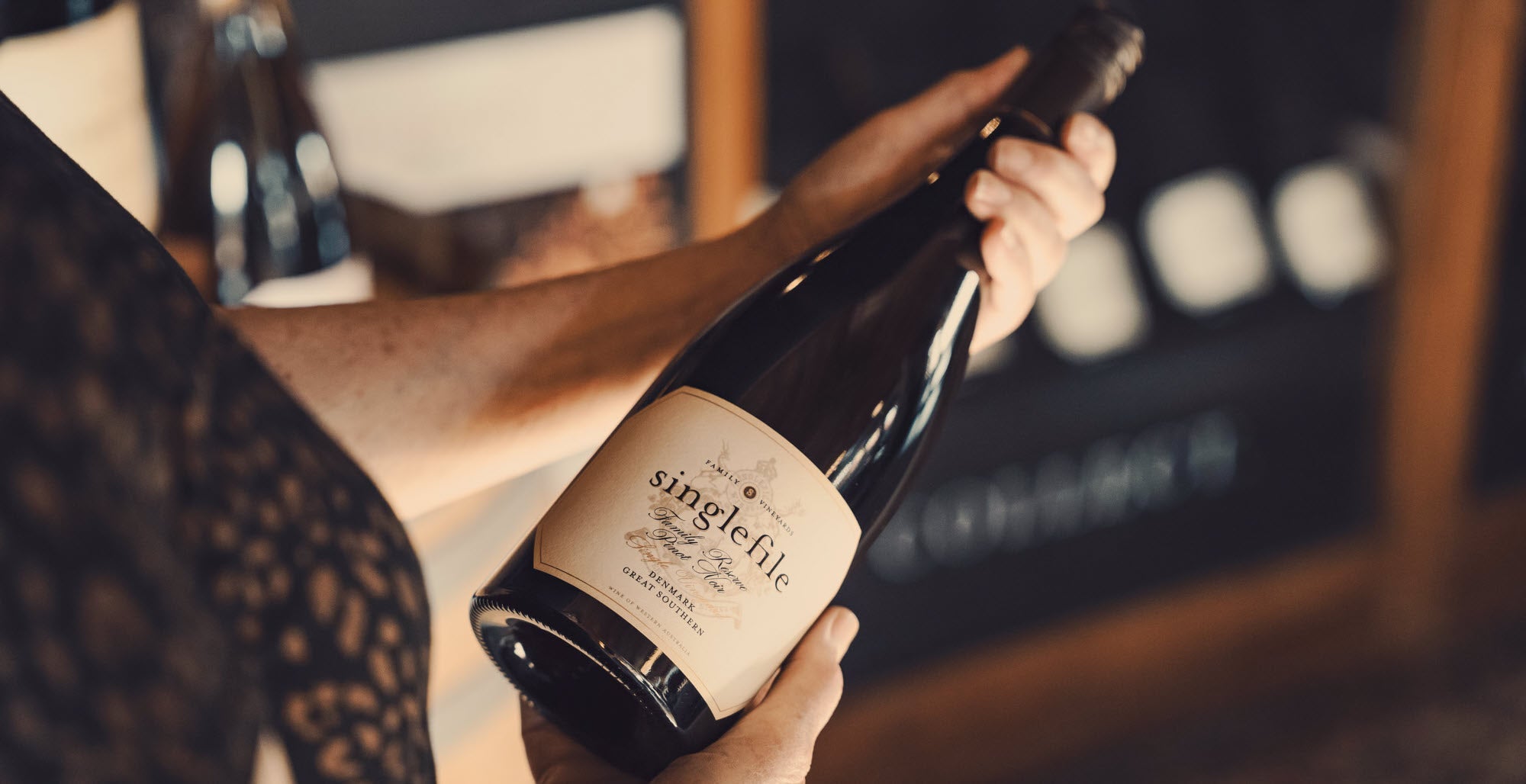
Introducing a new addition to Singlefile’s Family Reserve Collection
Over seventeen vintages, Singlefile’s Family Reserve Chardonnay has expressed the character of its provenance, in a wine of both elegance and complexity, befitting this noble variety. In 2025, a ne...
Read more
Rethinking Chardonnay: 5 common misconceptions about this noble grape
Chardonnay is the world’s most widely planted white grape and can be found in most wine regions across the globe. Despite its popularity, it tends to divide opinion—admired by some, dismissed by ot...
Read more
Things to Do in Denmark, WA This Easter
With Easter just around the corner, there’s no better time to plan a trip. Whether you're an adventurer, a wine lover, or a family looking for a relaxed getaway, Denmark has something for everyone.
Read more
Passion and Collaboration—Singlefile’s Partner Profile Series: Wine Aspect, Thailand
Our first Partner Profile introduces you to Bew Naweera, a passionate importer, distributor and retailer, who expertly manages a curated selection of Singlefile’s wines within the rapidly growing T...
Read more

































